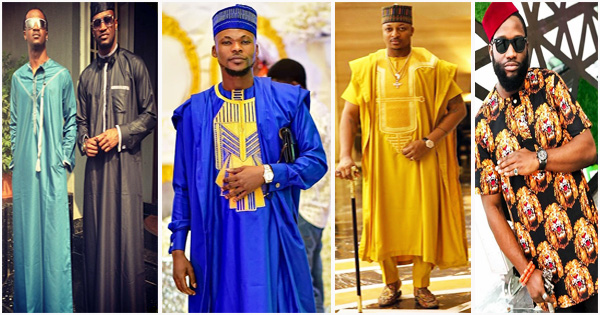
Nigerian men’s traditional clothing | African Elegance
African culture is a treasure. In many African countries, traditional dresses are a reflection of the elegance of an entire people. Afroculture.net will take you to Nigeria. These men in traditional dress show that tradition is an added value for Africa.
YORUBA people
Agbada
The abgaba is a four-piece garment worn by Yoruba men. It consists of a large loose-fitting outer dress (awosoke), an underwear jacket (awotele) and drawstring trousers (sokoto) and a traditional cap. The outer jacket is divided in three parts: a central rectangular piece embroidered from front to back and with a hole for the neck (orun) and a large pocket on the left side called “apo”.
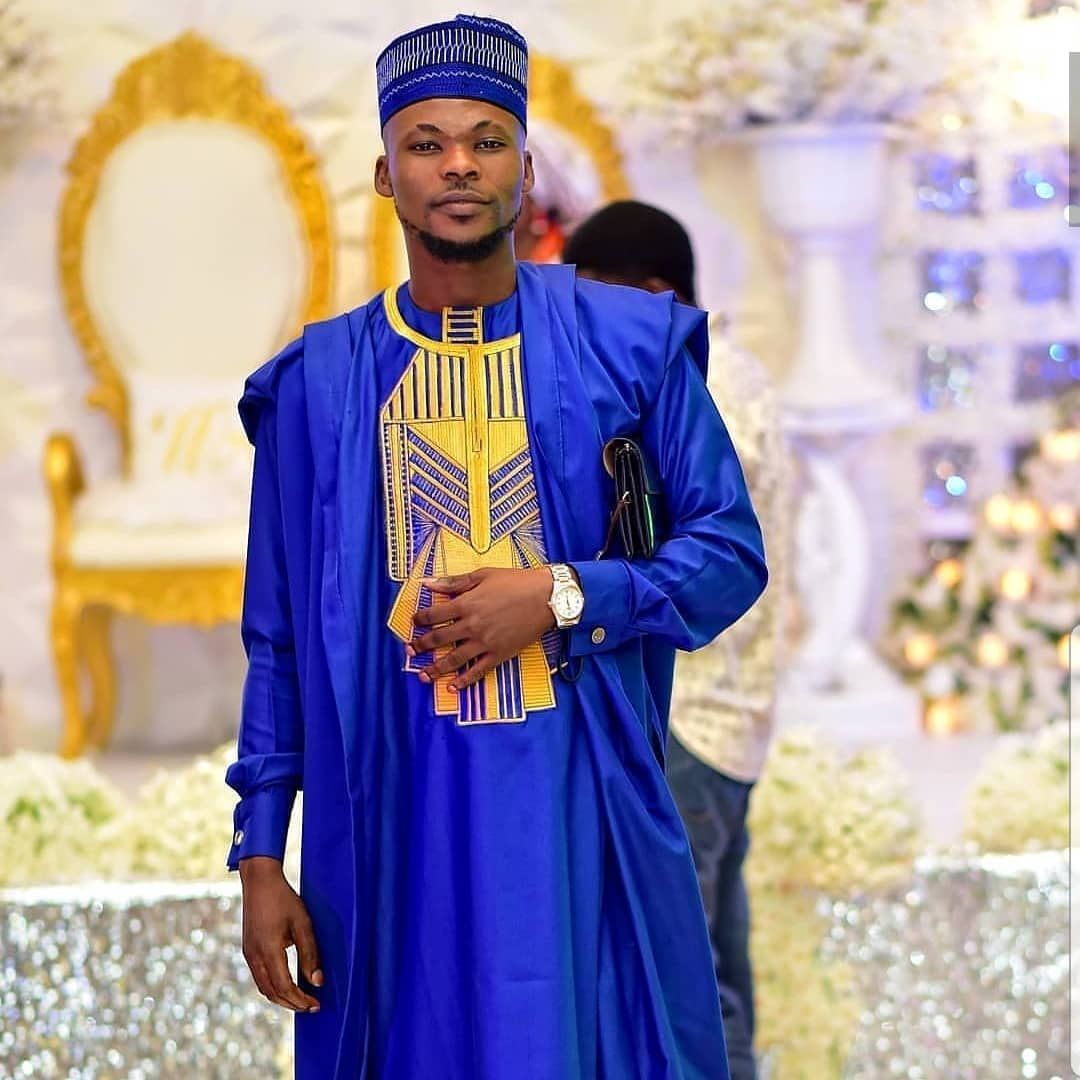
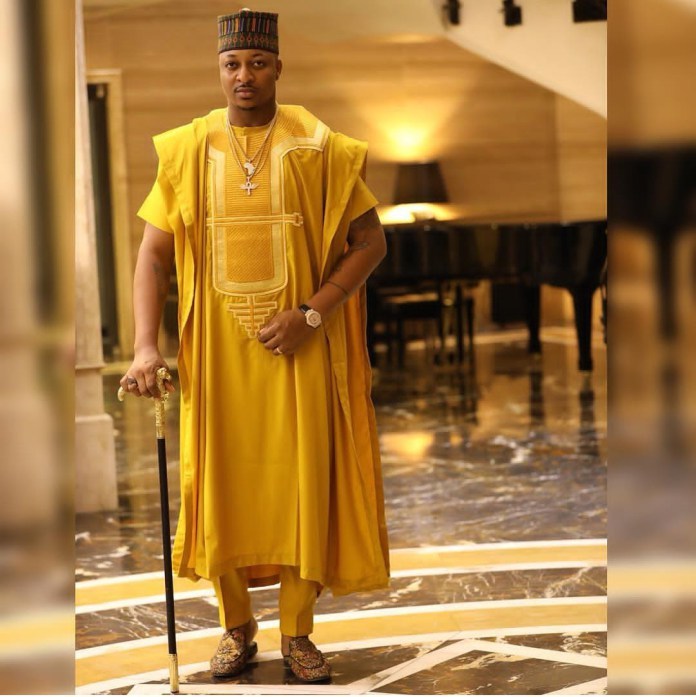
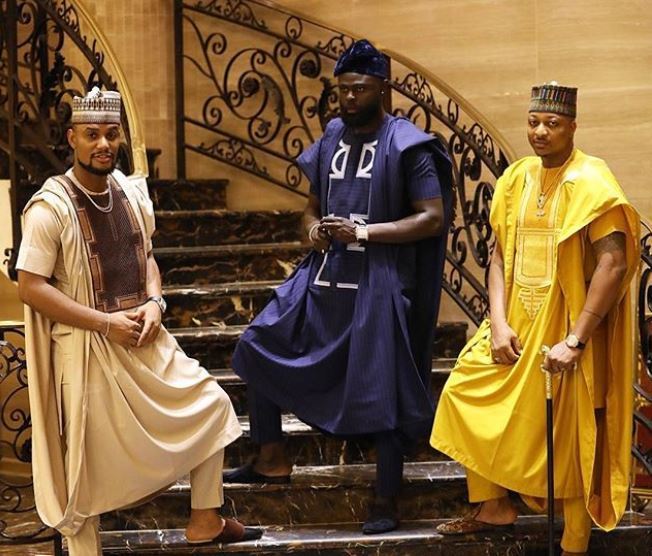
BUBA SOKOTO
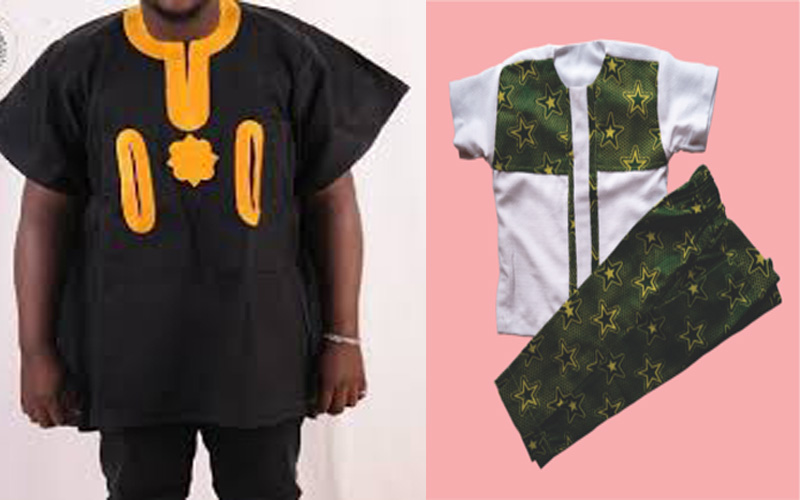
Buba and Sokoto are traditional clothes that are part of the agbada. The two most popular pants are the sooro, tight pants, the length of the narrow ankle, and the kembe, loose pants, to wide stocking, which reaches slightly below the knee, but not as far as the ankle, without covering the shoes.
Igbo people
SENATOR STYLE

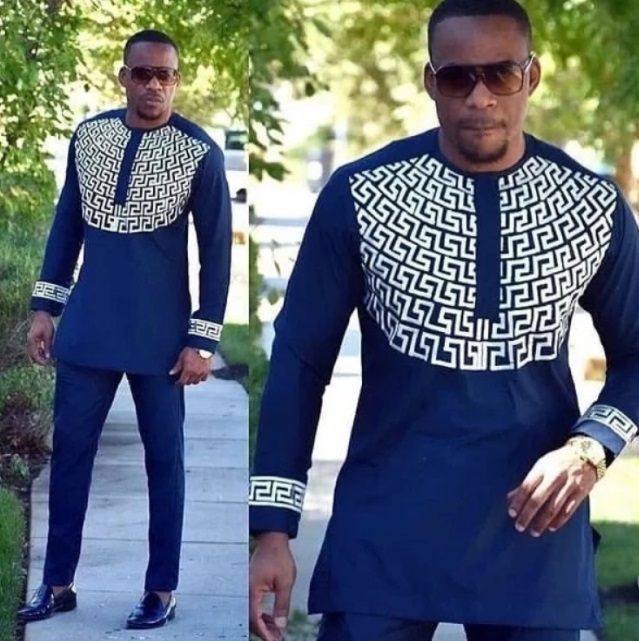
Very fashionable, Senator style is an elegant, attractive and comfortable outfit. It consists of a long top or a shirt that reaches almost knees and pants. This garment is popularized by former Senate President Anyim Pius.
This outfit is very common among people of Igbo origin and the Niger Delta. But with its success, this garment is worn by many Nigerians, regardless of ethnicity.
Top has various patterns and ornaments around the neck, chest or belly. The pants are simple and simple. The Senator style for men is usually completed with a matching hat. They are often available in black, blue or gray. But red and white are among the most popular.
ATIKU
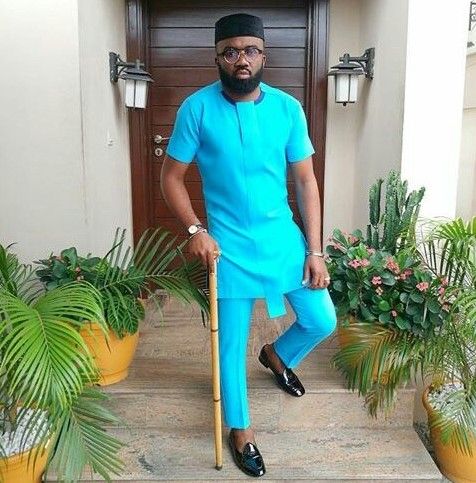
tiku is a sophisticated traditional fabric popular with Nigerians. This garment with a firm and fine texture is available in one color and in one material. You can choose between white, black, cream, navy blue, sky blue and brown. A preference for multicolored fabrics goes against the’Atiku ‘fabric.
ISIAGU
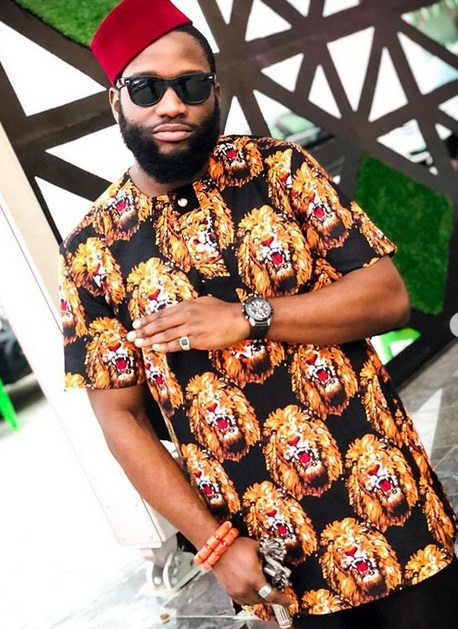
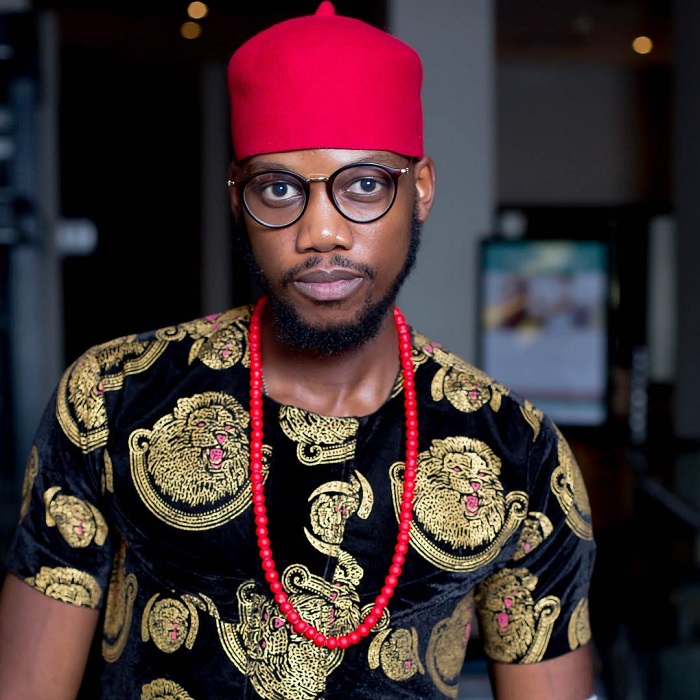
Very popular in northern Nigeria, the Isiagu is a traditional Igbo people shirt that looks a lot like Dashiki.
This outfit is short or long-sleeved with gold buttons beautifully and aesthetically connected by a chain. It is worn with pants, a cape and a red cap.
It is worn during a wedding, cultural festival or important events.
TRADITIONNAL WRAPPER
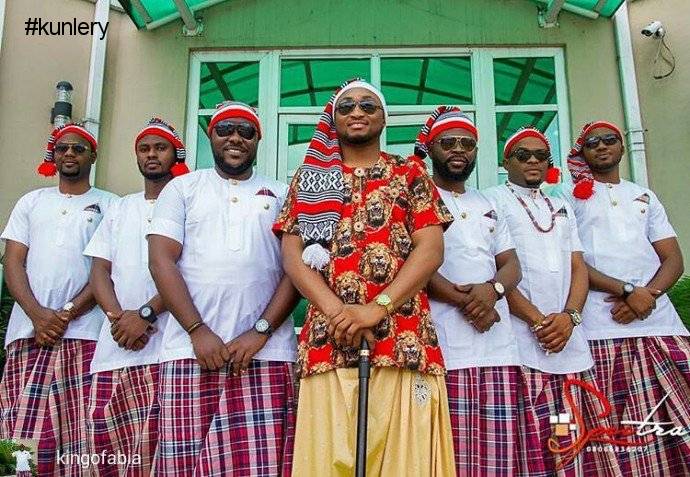
Traditional packaging is a unisex outfit usually knitted by weavers. The scarf is tied in such a way that it reaches the ankles and the Isiagu is worn with it.
It is worn during cultural events in the Igbo culture.
Peuple Hausa/Kanuri/Fulani
The Hausa, Kanuri and Fulani peoples occupy northern Nigeria. They have similar cultures, clothes and languages. It is the largest group in Nigeria and is the largest ethnic group. Men dress with a Caftan or Jalabiya.
JALABIYA
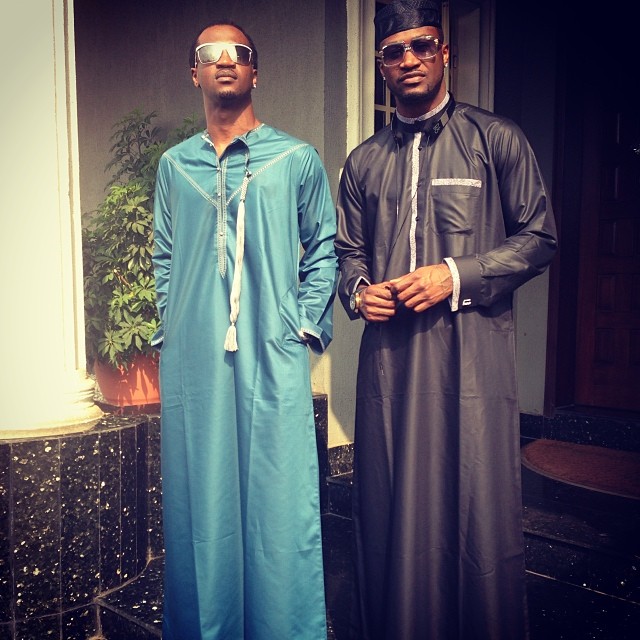
Jalabiya is a statement of style. It’s a long traditional unisex clothing. It originates from Arab men and women. There are different styles of Jalabiya. From minimalist clothes to those richly embroidered.
CAFTAN
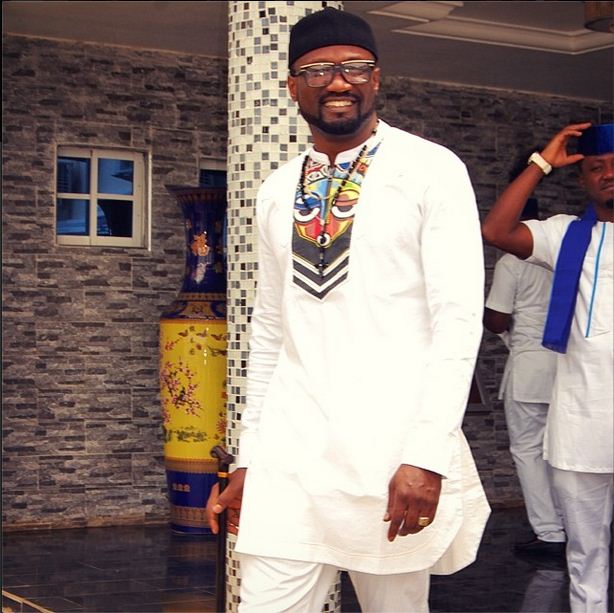
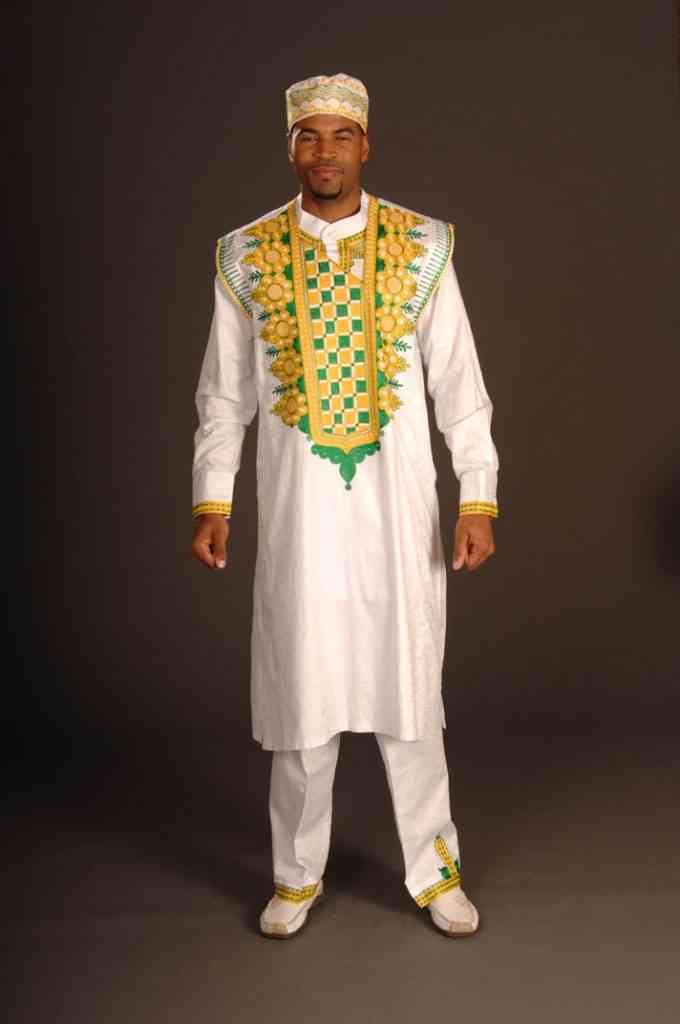
The kaftan is a long and loose garment, with long or long sleeves, without collar or hood. It is a very popular clothing.
OTHER STYLES
DASHIKI
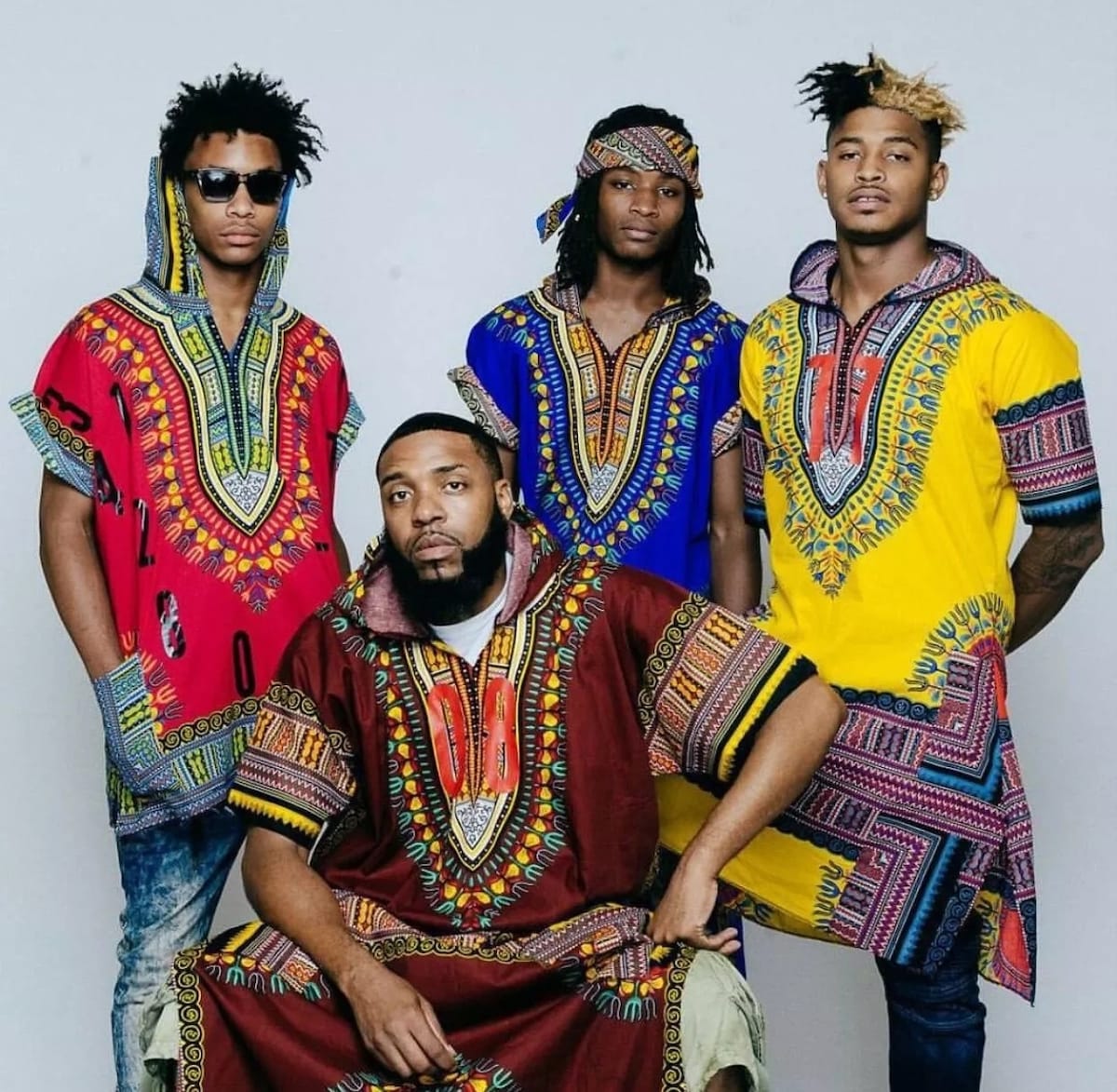

Dashiki is a loose and colorful sleeveless shirt from West Africa.
ANKARA STYLE 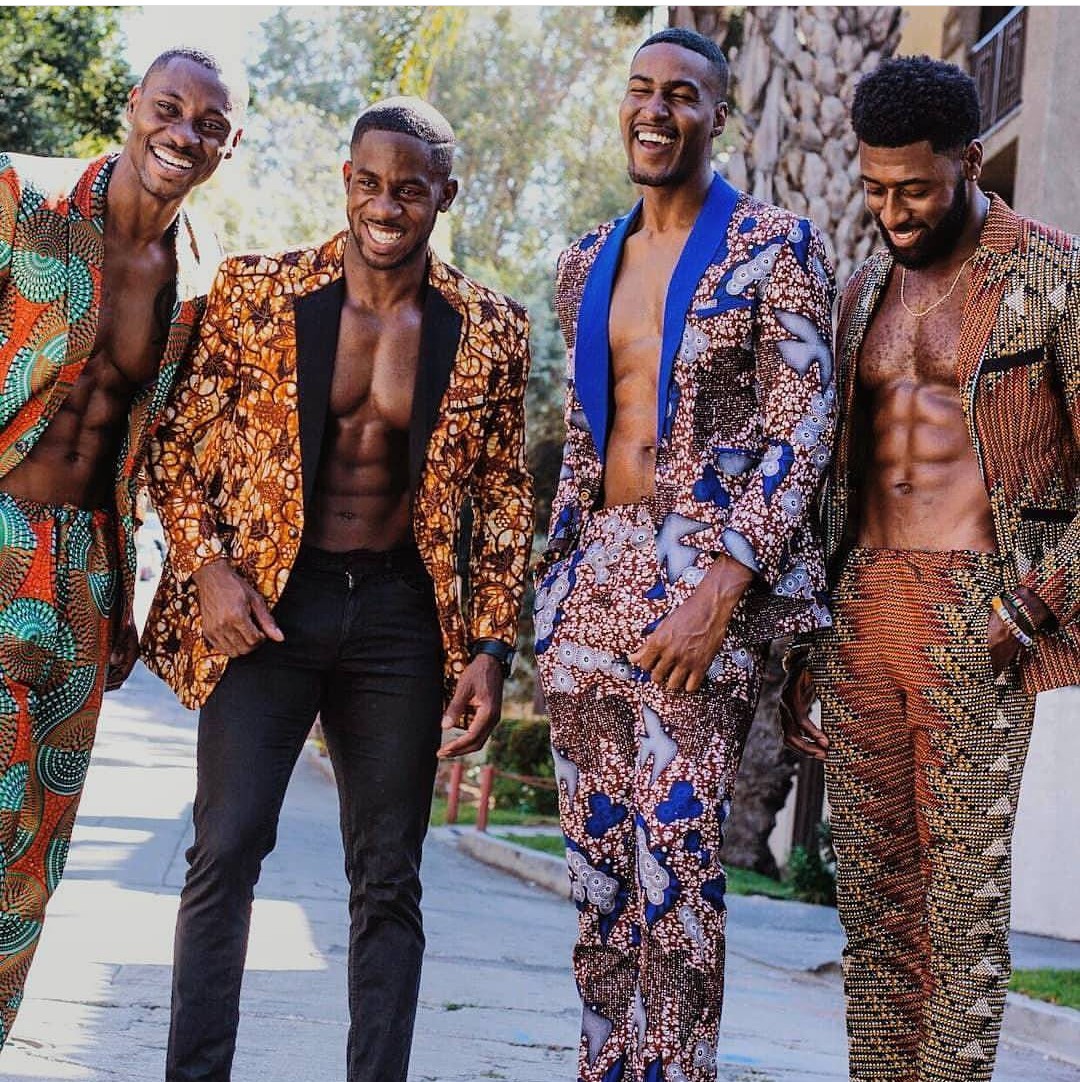
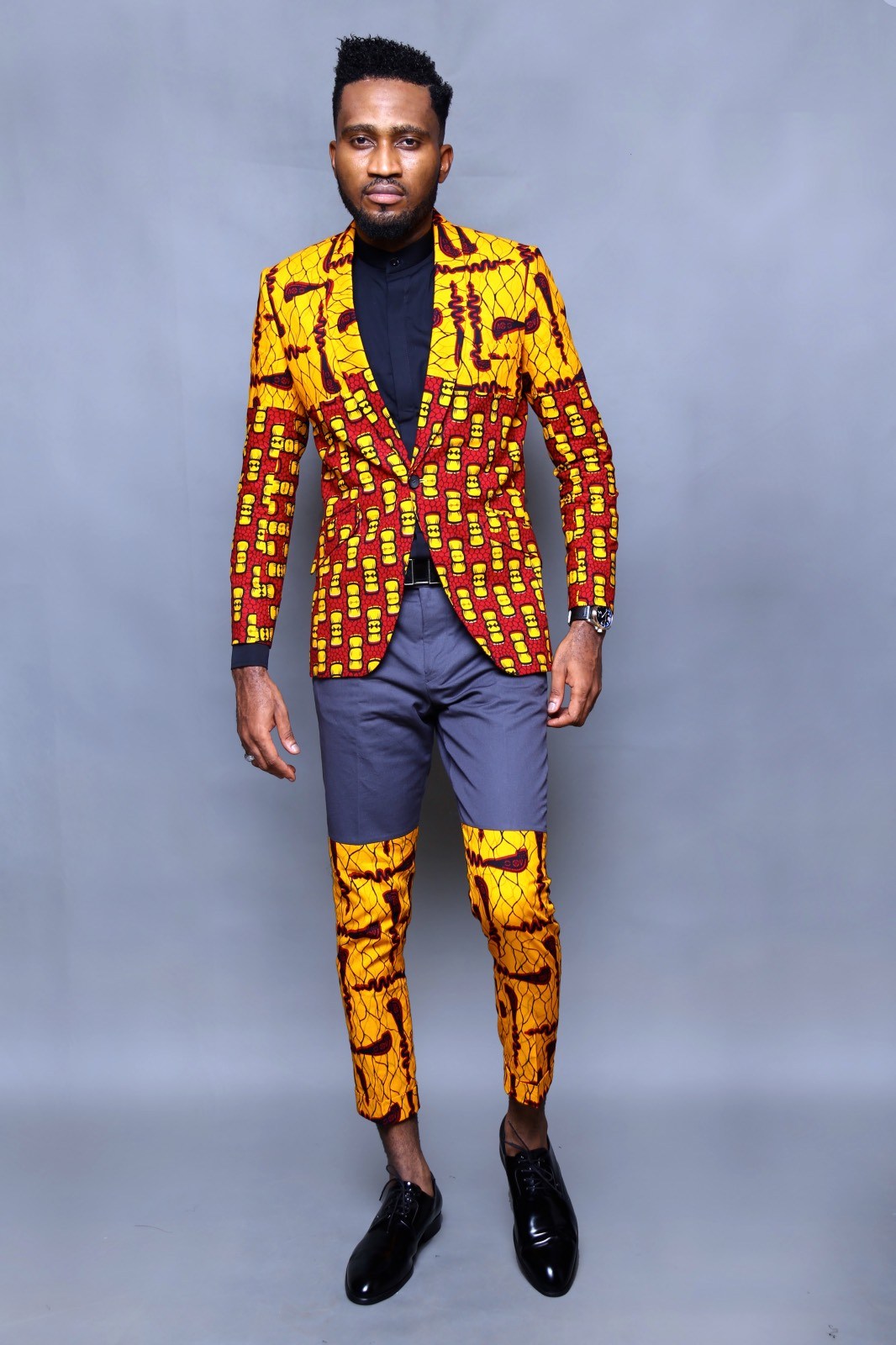
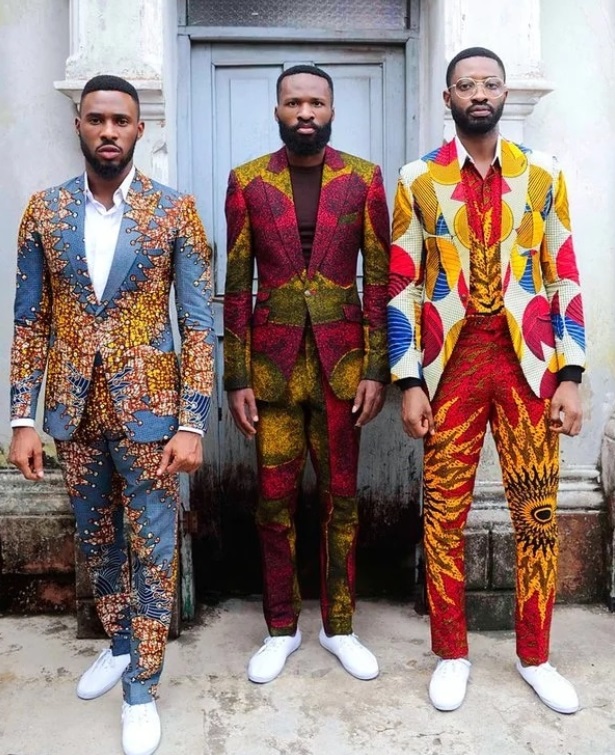 |
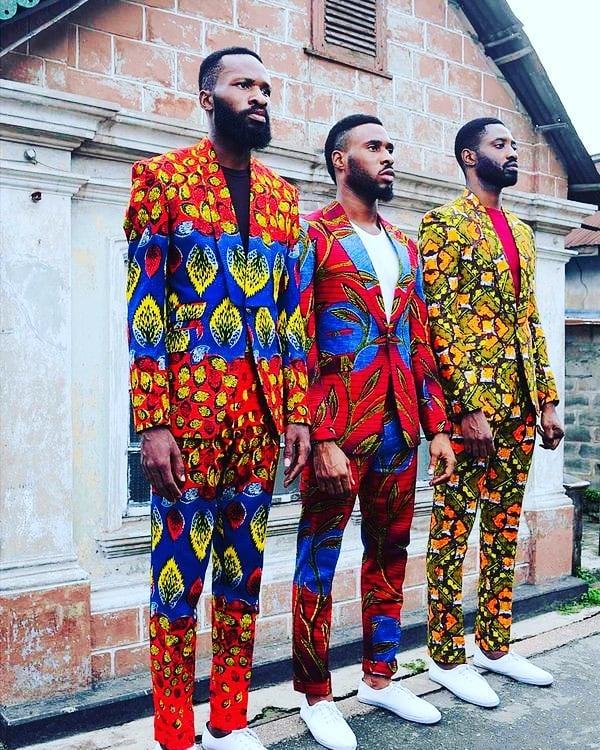 |
Ankara is a colorful 100% cotton African textile with tribal motifs, which has several names. It is nicknamed “Wax”, “Ankara prints”, “African prints”, “African wax prints” “Holland wax” and “Dutch wax”.
What do you think?
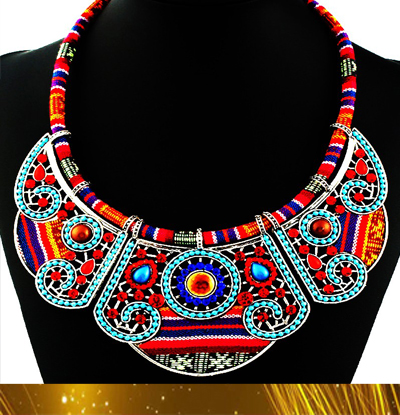
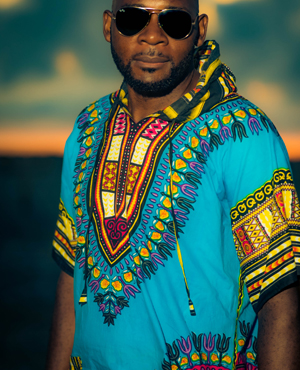
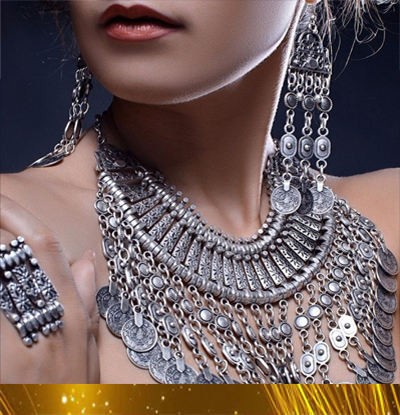

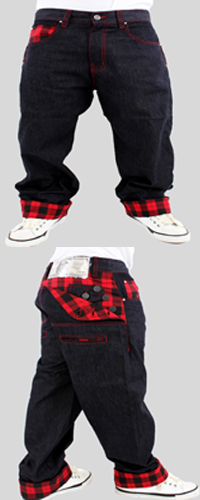
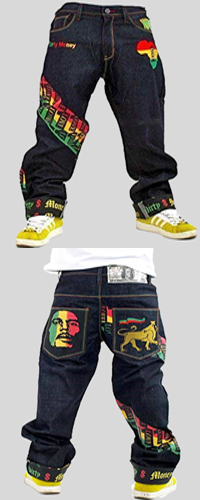
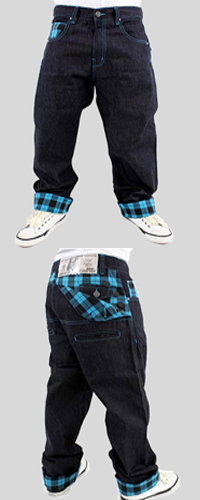
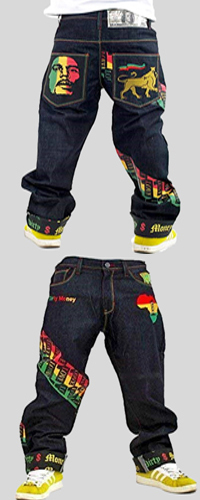
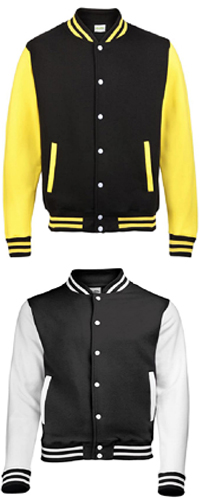
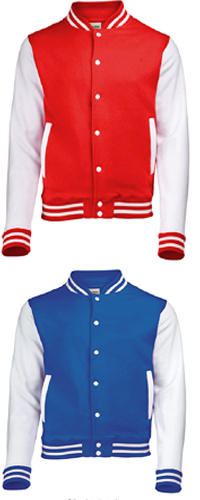
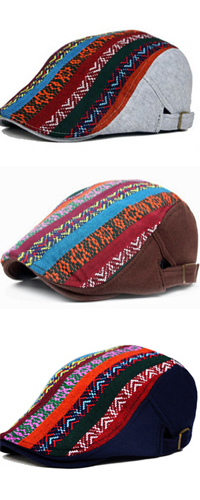
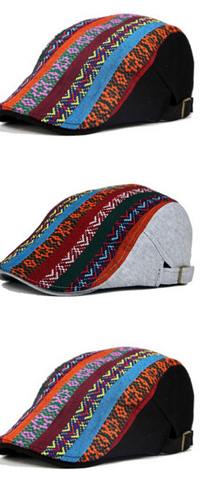
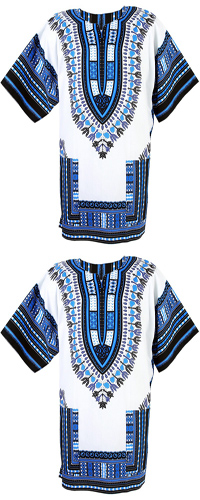
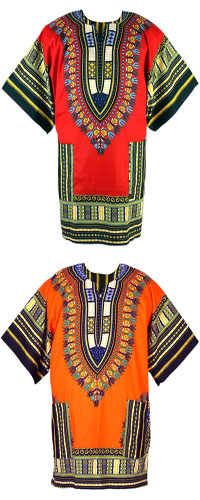
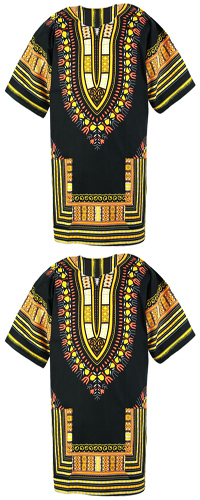
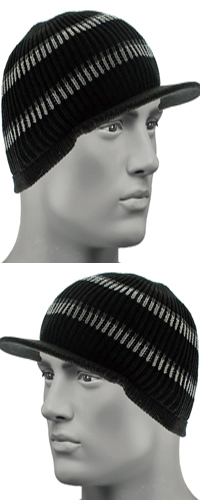
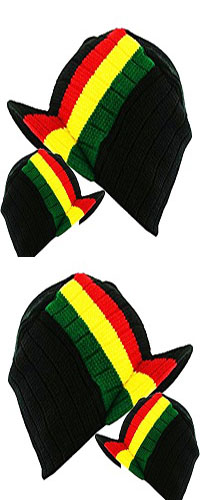
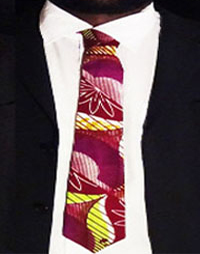
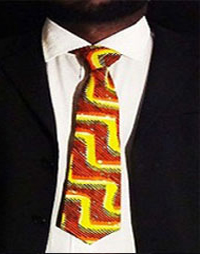


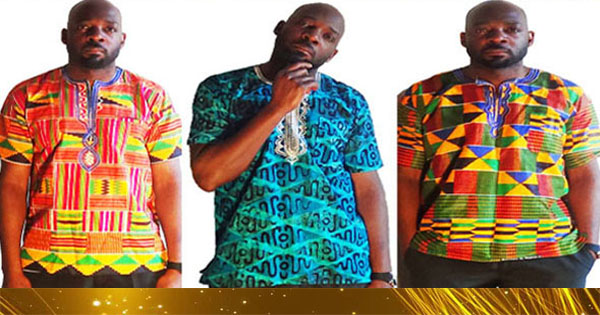
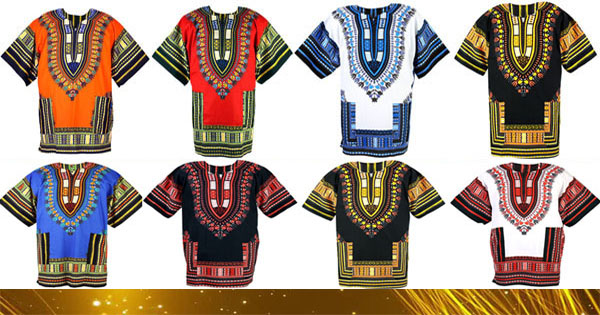
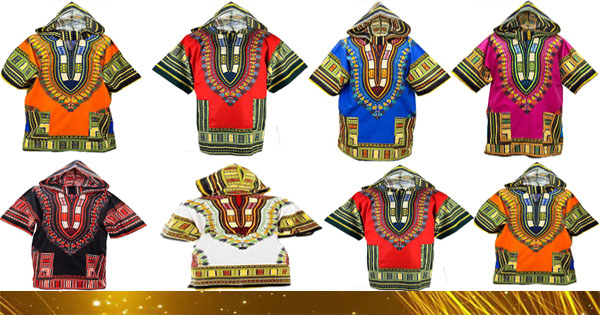
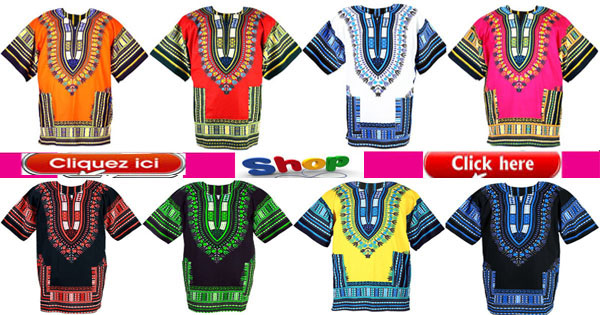
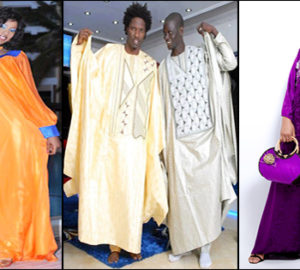
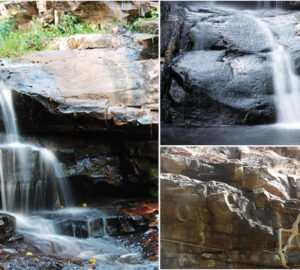
I want to purchase Senator style
Very fashionable, Senator style is an elegant, attractive and comfortable outfit. It consists of a long top or a shirt that reaches almost knees and pants. This garment is popularized by former Senate President Anyim Pius.
How do I purchase the Senator style? attractive and comfortable outfit. It consists of a long top or a shirt that reaches almost knees and pants. This garment is popularized by former Senate President Anyim Pius.
how do i purchase these attires
I’d like to order a gold and dark teal caftan
Ready in a couple of weeks
I like your Men clothing due to going Ancestral and find my Bloodline. Would like to purchase , get back to lf possible. Shalom Hallaluyah All Praise to Yahwah Elohim
I like how you talked about the Ankara style of African clothing and how it’s great for almost any style of event.
very nice article thanks for sharing …
آهنگ سون بند حیف
very nice posts
zsong